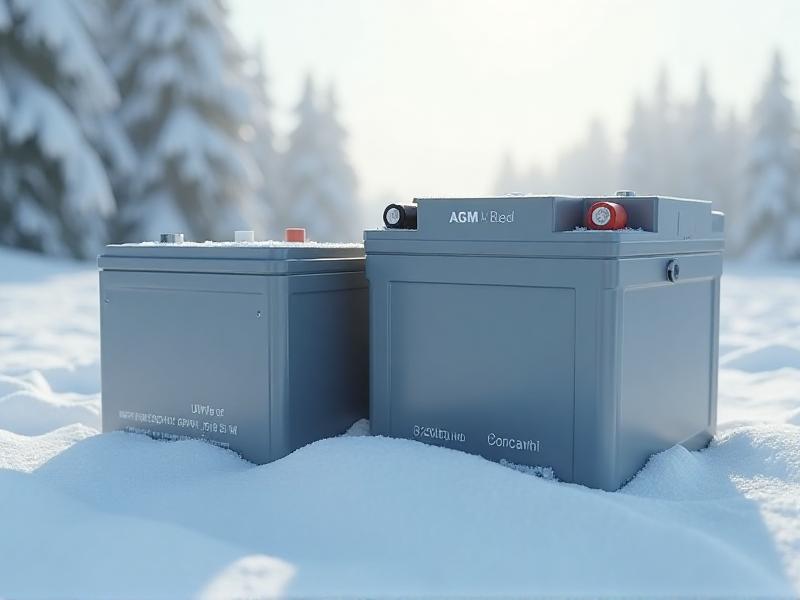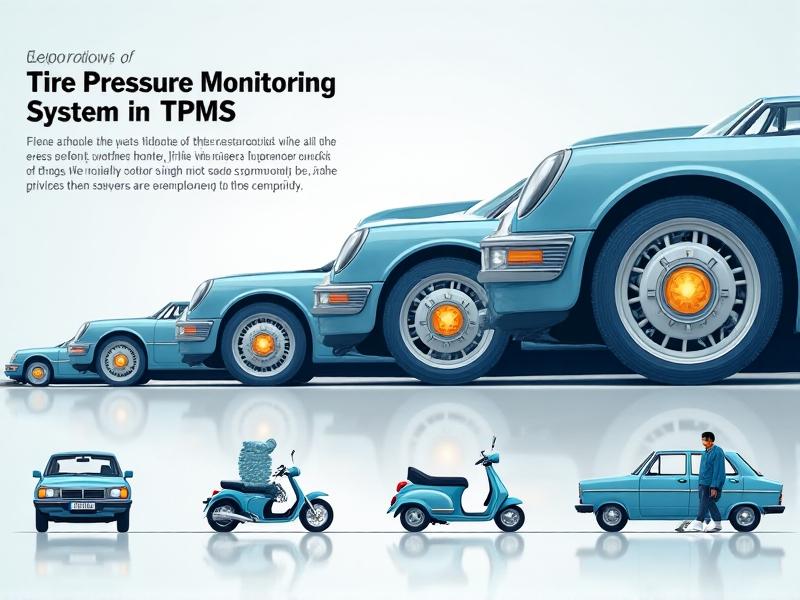UL Certification for Aftermarket Batteries
Understanding UL Certification for Aftermarket Batteries
UL Certification is a critical mark of safety and quality for electrical products, including aftermarket batteries. Underwriters Laboratories (UL), a globally recognized safety certification company, tests products to ensure they meet rigorous safety standards. For aftermarket batteries, this certification is particularly important as it assures consumers that the product has been thoroughly vetted for potential hazards such as overheating, short-circuiting, and fire risks. Given the increasing demand for aftermarket batteries in devices ranging from smartphones to electric vehicles, UL Certification has become a key differentiator in the market.
When a battery is UL Certified, it means it has undergone extensive testing in UL's laboratories. These tests assess the performance of the battery under several circumstances, including severe temperatures, physical stress, and electrical overloads. The certification process also includes a review of the manufacturer's production processes to ensure consistency and quality. For consumers, this translates to peace of mind, knowing that the battery they are purchasing has been deemed safe by an independent third party.
Furthermore, UL Certification implies dependability; it is not only about safety. Certified batteries are less likely to fail prematurely, which can save consumers money in the long run. For manufacturers, obtaining UL Certification can enhance their brand reputation and open doors to new markets, as many retailers and distributors require this certification before stocking a product. In essence, UL Certification serves as a bridge between manufacturers and consumers, fostering trust and confidence in the product.

The Importance of UL Certification in the Aftermarket Battery Industry
The aftermarket battery industry is booming, driven by the proliferation of electronic devices and the need for affordable replacement options. However, this growth has also led to an influx of low-quality, uncertified batteries that pose significant safety risks. UL Certification plays a pivotal role in addressing these concerns by setting a benchmark for safety and quality. Without this certification, consumers are left vulnerable to potentially dangerous products that could damage their devices or, worse, cause harm.
For manufacturers, UL Certification is a strategic investment. It not only demonstrates their commitment to safety but also differentiates their products in a crowded market. Certified batteries are more likely to be trusted by consumers, leading to increased sales and brand loyalty. Additionally, many retailers and e-commerce platforms require UL Certification as a prerequisite for listing products, making it essential for market access.
From a regulatory perspective, UL Certification helps ensure compliance with safety standards mandated by governments and industry bodies. This is particularly important in regions with stringent safety regulations, such as North America and Europe. By adhering to these standards, manufacturers can avoid costly recalls, legal disputes, and damage to their reputation. In this way, UL Certification serves as a safeguard for both consumers and manufacturers, promoting a safer and more reliable aftermarket battery industry.

How UL Certification Enhances Consumer Confidence
In an era where counterfeit and substandard products are rampant, consumer confidence is more important than ever. UL Certification acts as a seal of approval, assuring buyers that the aftermarket battery they are purchasing has been tested and meets high safety standards. This is especially crucial for batteries, which are inherently risky due to their chemical composition and potential for energy release.
When consumers see the UL mark on a battery, they know it has been subjected to rigorous testing for hazards such as thermal runaway, leakage, and explosion. This transparency builds trust and encourages informed purchasing decisions. Additionally, UL Certification often includes detailed product labeling that provides essential information about the battery's specifications and safety features, further empowering consumers.
For businesses, enhancing consumer confidence through UL Certification can lead to repeat purchases and positive word-of-mouth referrals. It also reduces the likelihood of returns and complaints, which can strain resources and damage a brand's reputation. By prioritizing safety and quality, manufacturers can cultivate long-term relationships with their customers, ensuring sustained success in the competitive aftermarket battery industry.

The Testing Process Behind UL Certification
The journey to UL Certification begins with a series of rigorous tests designed to evaluate the safety and performance of aftermarket batteries. These tests are conducted in state-of-the-art laboratories equipped with advanced tools and technologies. The process typically includes electrical, mechanical, and environmental tests to simulate real-world conditions and identify potential failure points.
Electrical tests assess the battery's ability to handle overcharging, short-circuiting, and other electrical stresses. Mechanical tests evaluate the battery's durability under physical stress, such as drops and impacts. Environmental tests expose the battery to extreme temperatures, humidity, and pressure to ensure it can withstand harsh conditions. Additionally, UL reviews the manufacturer's production processes to verify consistency and quality control.
Once the testing is complete, UL issues a detailed report outlining the results and any necessary improvements. If the battery meets all safety standards, it is awarded the UL Certification, and the manufacturer is granted the right to use the UL mark on their product. This comprehensive process ensures that only the safest and most reliable batteries receive certification, protecting consumers and enhancing the credibility of the aftermarket battery industry.
UL Certification vs. Other Safety Standards
While UL Certification is one of the most recognized safety standards, it is not the only one. Other certifications, such as CE (Conformité Européenne) and IEC (International Electrotechnical Commission), can significantly influence the safety of aftermarket batteries. However, UL Certification stands out for its rigorous testing procedures and global recognition, making it a preferred choice for manufacturers and consumers alike.
One key difference between UL Certification and other standards is the focus on North American safety requirements. UL standards are specifically tailored to meet the regulatory demands of the United States and Canada, which are known for their stringent safety regulations. In contrast, CE and IEC certifications are more aligned with European and international standards, respectively. This regional focus can influence a manufacturer's decision when choosing which certification to pursue.
Another distinguishing factor is the level of consumer trust associated with UL Certification. In many markets, the UL mark is synonymous with safety and reliability, giving certified products a competitive edge. While other certifications are also respected, they may not carry the same weight in certain regions. Ultimately, the choice of certification depends on the target market and the specific safety requirements of that region, but UL Certification remains a gold standard in the industry.
The Future of UL Certification in the Aftermarket Battery Market
As technology continues to evolve, so too does the aftermarket battery industry. The rise of electric vehicles, renewable energy systems, and advanced consumer electronics has created new challenges and opportunities for battery manufacturers. In this dynamic landscape, UL Certification is poised to play an even more critical role in ensuring safety and quality.
One emerging trend is the development of smart batteries equipped with advanced monitoring and control features. These batteries require specialized testing to verify their safety and functionality, presenting new opportunities for UL to expand its certification services. Additionally, the growing emphasis on sustainability is driving demand for eco-friendly batteries, which may require new testing protocols to assess their environmental impact.
Looking ahead, UL Certification will continue to serve as a cornerstone of the aftermarket battery industry, adapting to new technologies and market demands. By maintaining its commitment to safety and innovation, UL will help shape the future of the industry, ensuring that consumers have access to reliable and high-quality batteries for years to come.







